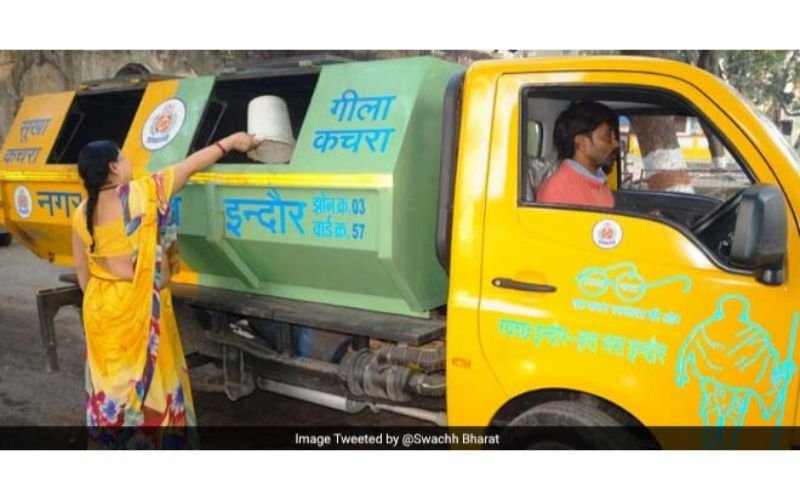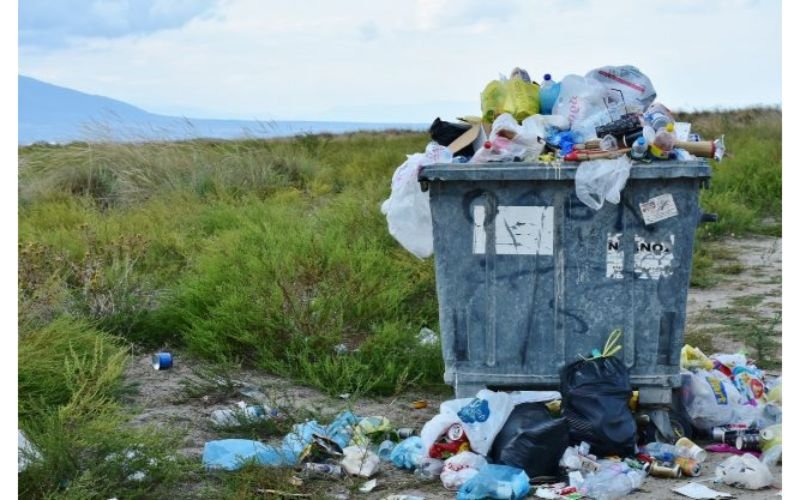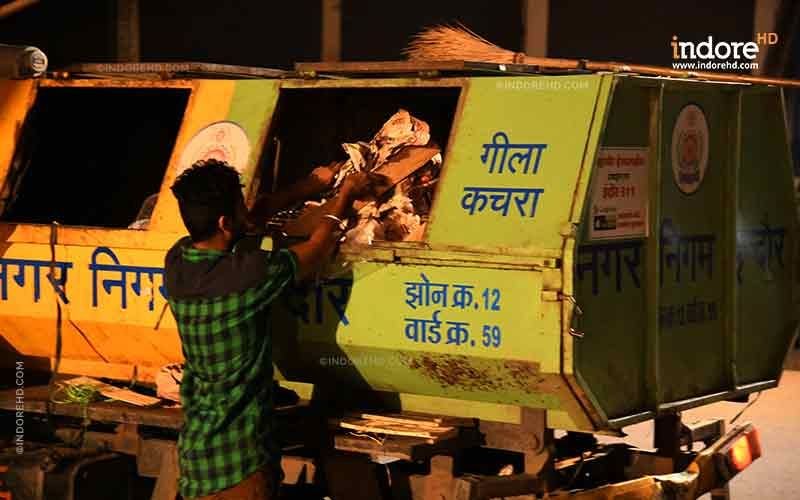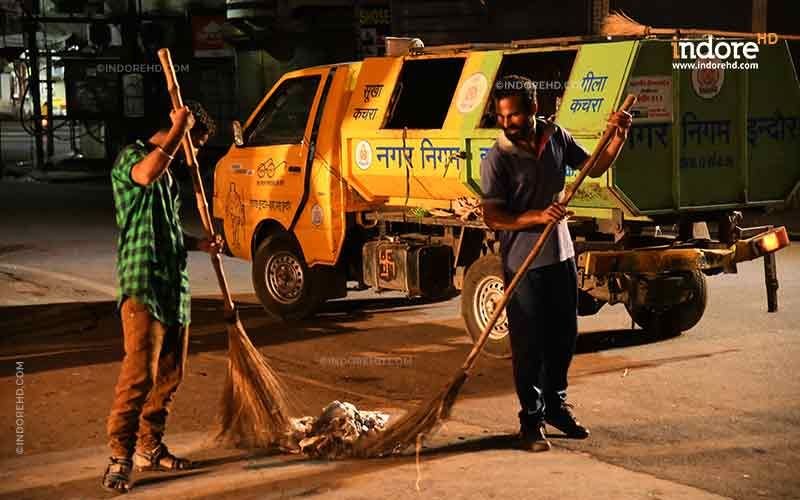Indore might be the cleanest city in India, but we cannot rule out the fact that some amount of by-product is still generated in the process. The civic body was finding it difficult to dispose off scrap plastic, for instance, pouches of pan-masala and tobacco, wrappers of chocolates. After a lot of pondering, the authorities were able to find a solution in an already existing method, which is, reverse polymerization process.
In this process, plastic is first exposed to heat indirectly in a reactor. It, then, goes through the process of de-polymerization. After this, the plastic (product) undergoes the stage of refining and the final product which remains is synthetic diesel, crude oil, and petrol. As far as the impurities are concerned, they are converted to tar, which can be used in road construction works.

Earlier, the IMC (Indore Municipal Corporation) had implemented a program that allowed them to make use of the remaining waste and use it as a fuel to power the city’s activities. Since the program was rather well-received, the IMC is now planning to implement it on a larger scale.
What’s the update?
As part of the upcoming change, the goal of the IMC is to rope in a few private players. With the help of the private players, the IMC will set up a plant that can accommodate and convert 50 tonnes of plastic waste. What’s more is that the plastic waste can be then converted into almost 30,000 litres of fuel which will be beneficial for industries, factories, and manufacturing units. Currently, the plant that is being used by the IMC is capable of converting only 6 tonnes of waste into around 3,000 litres of usable fuel.

Since the response at the pilot plant was very good, they are planning to expand it even more. This is certainly a step in the right direction as it will make the city not only cleaner than it already is but will also cut down on the usage of fossil fuels for daily activities. To ensure that waste is properly collected from all places in the city, the IMC has taken several steps. They plan to implement door to door garbage collection policies across the city. Owing to this, the waste will directly go to the concerned authorities, meaning they can convert it into usable fuel in no time. In the future, the IMC also has plans to give incentives to those citizens that give the most waste material.

As of now, there are no specific details about that but once the waste management system is put in place, they could announce more details. We are rather excited about the future of this management system and are hopeful that it kicks off well in the city. If the move proves beneficial, we hope that other cities take a leaf out of Indore’s book and implement a similar waste management system.
What’s new on IMC’s list?
IMC is now planning a parallel dry waste collection system in the city to achieve zero waste mechanism, keeping the 3R’s in mind – Reduce, Reuse, Recycle. This action is in IMC’s list so much so that it is now planning to buy dry waste at the cost of Rs. 2.5 per kg from households through a hired third party. The third-party will be collecting, recycling, and segregating dry waste.
As far as the initiative goes, two jumbo size bags will be given to each family, where one can put all the dry waste, essentially everything which you give off to a “kabaadi”. According to a leading daily, the civic body also plans on linking the “kabadi network” with the system for a better implementation of this proposed idea!

Well, IMC is moving to great heights, and thanks to IAS officers who are doing their part. With increasing pollution and the changing weather, Indore as a city, and its policies could be a game-changer in the near future.
You can also watch where it all started. In an efficient move by this IAS officer who has lived up to his position, and genuinely brought a major change in the way garbage is dealt within Indian cities. It’s exemplary how landfills can efficiently be transformed into clean, green patches of land, with the right effort by citizens and from that in-charge.
We wish IMC all the best for the endeavors, we promise to continue spreading the good word.


